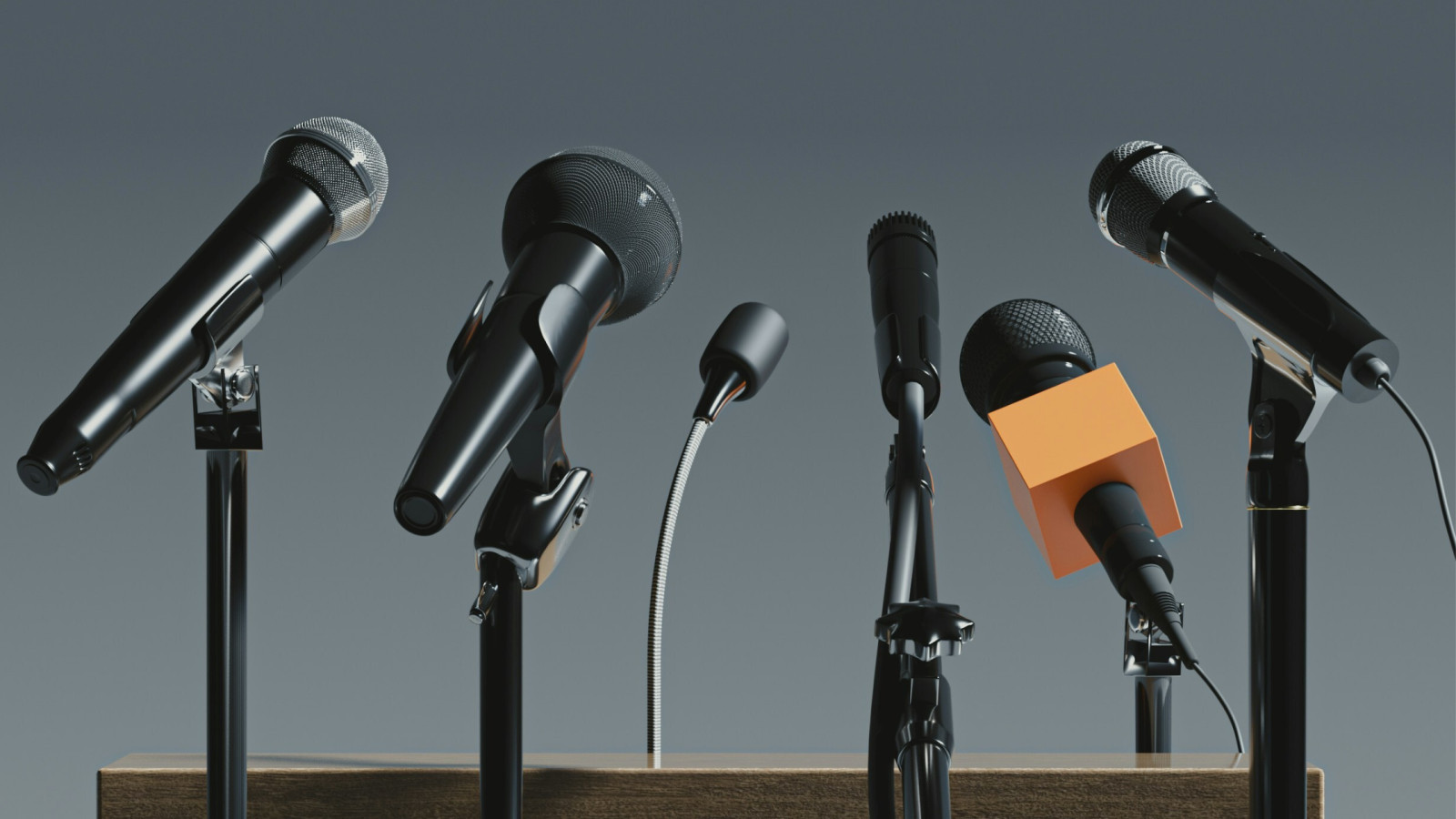The medium is no longer the message – the messenger is now, too


A quick scan of the podcast charts on Spotify, Apple, and even YouTube reveals a striking trend: Current events are dominating podcasting right now, at least at the top. Importantly, this dominance is not limited to straight news but also includes investigative journalism, political discussion, comedy – and a strong personality.
Many observers have recognised the influence of podcasting in the 2024 presidential election in the US, with some calling it “the podcast election”. While podcasts as a key information source has long been a trend, the extent to which consumers turn to podcasts for current events has accelerated with the growth of podcasting during the pandemic era.
Today, podcasting occupies some of the same spaces as traditional media, with many podcasters not only entering the White House briefing room but the administration itself (the appointment of podcaster Dan Bongino as deputy FBI director, for example). As the influence of podcasts accelerates in the media and information space, the format increasingly threatens traditional media’s longstanding dominance. To continue competing, traditional media must learn an important lesson from podcasts: it is not necessarily the strength of the network that determines the success of the podcast, but rather the individual personalities behind the microphone.
Of the Top 100 podcasts on Spotify, traditional media holds only three spots, with The New York Times’ The Daily and The Ezra Klein Show as well as MSNBC’s The Rachel Maddow Show (four spots if you count Paramount’s The Weekly Show with Jon Stewart). Current events – i.e., podcasts touching on news, politics, and society – account for many, many more spots than that, indicating that alternative media like Crooked Media, MeidasTouch, The Daily Wire, Candace Owens, and Tucker Carlson are winning the podcast information space right now.
Featured Report
Podcasts as a key information source Implications for media companies
summary
Find out more…One common thread among all of these shows is the ability of the host(s) to carry the podcast with sharp wit, biting analysis, and / or comedy. It is not too dissimilar from traditional newscasts and political talk shows, but the emphasis on the host’s ability to connect with audiences beyond the information they are sharing is even more pronounced. Traditional media must lean into this trend if they wish to complete the transition from linear television and broadcast radio to fragmented, on-demand audio and video.
All that is not to say that traditional media should abandon rigorous editorial standards and fact-checking, but that these longstanding norms may no longer be enough to keep audiences engaged across platforms. Trust and quality content matter, but the medium is no longer the message – the messenger is now, too.
For more on the importance of podcasts, read our upcoming audio report 'Podcasts as a key information source'.

The discussion around this post has not yet got started, be the first to add an opinion.